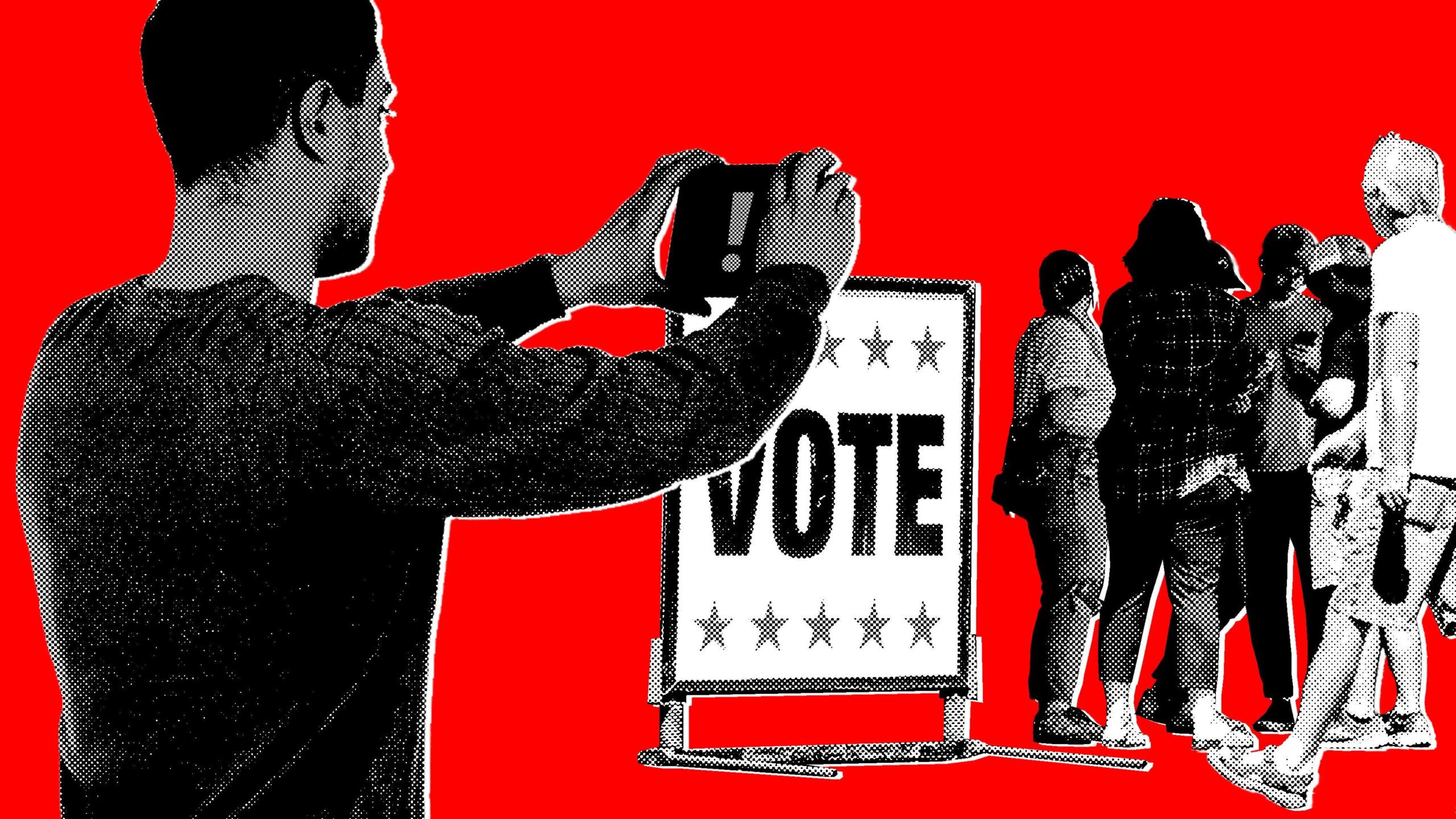Title: Election Deniers Got What They Wanted. They’re Still Going
Introduction:
In the aftermath of the most contentious election in recent memory, the United States witnessed a sizable group of individuals denying the legitimacy of the election results. Despite widespread acknowledgment of the fairness and security of the 2020 presidential election, these election deniers continue to peddle baseless claims and fuel a dangerous narrative. Their persistence reveals a dangerous trend within democratic societies, where the erosion of trust in institutions and the democratic process can have far-reaching consequences.
The aftermath of the 2020 presidential election:
The 2020 presidential election in the United States witnessed an unprecedented level of voter turnout. Despite the prevailing health crisis, millions of Americans exercised their democratic right to cast their ballots. The outcome of the election, determined by both popular vote and the Electoral College, confirmed Joe Biden as the 46th President of the United States, defeating the incumbent President Donald Trump.
However, a vocal and persistent group of election deniers emerged, claiming widespread voter fraud and irregularities. These individuals, including prominent political figures and media outlets, peddled unsubstantiated theories and amplified disinformation, often through social media channels. Their overarching goal was to contest the validity of the election results and undermine public trust in democratic processes.
The role of misinformation and disinformation:
Misinformation and disinformation played a significant role in shaping the narrative of the election deniers. False claims and conspiracy theories spread rapidly online, challenging the credibility of the election process. Social media platforms became breeding grounds for the propagation of baseless allegations, allowing echo chambers to amplify these unfounded claims.
Despite thorough investigations and multiple court rulings dismissing these allegations, the election deniers remained steadfast in their refusal to accept the outcome. Their persistence, fueled by misinformation and distrust, fostered a divisive environment, polarizing the public and undermining the foundations of a democratic society.
Consequences of election denial:
The consequences of election denial are manifold, affecting both the immediate political climate and the long-term health of democratic institutions.
Firstly, election denial perpetuates a sense of political instability and undermines public confidence in the electoral process. The erosion of trust in democratic institutions weakens the very foundation on which a functioning democracy rests. When significant segments of the population no longer believe in the legitimacy of electoral outcomes, it becomes increasingly challenging to achieve national unity and work towards common goals.
Secondly, election denial poses a direct threat to the rule of law. By challenging the results through baseless claims and refusing to accept the authority of the courts and electoral bodies, individuals undermine the democratic norms and principles that hold a society together. It sets a dangerous precedent whereby any election outcome can be called into question, potentially sparking unrest and jeopardizing the democratic fabric of the nation.
Lastly, election denial deepens societal divisions and hampers progress. By promoting a narrative of fraud and corruption, election deniers create an environment where compromise and collaboration become increasingly difficult. Without a shared understanding of reality and a commitment to democratic norms, profound ideological differences can lead to extremism and further polarization.
Conclusion:
Election deniers may have gained temporary validation by casting doubt on the 2020 presidential election, but their persistence continues to pose a grave threat to democracy. By peddling falsehoods and sowing seeds of doubt, they only deepen divisions and undermine the foundations of democratic institutions. To safeguard the health of democracies worldwide, it is crucial for all citizens to actively combat misinformation, promote fact-based discussions, and remain steadfast in upholding democratic values. Only through a united effort can societies prevail against the harmful influence of election denial and defend the integrity of our democratic systems.
Hey Subscribe to our newsletter for more articles like this directly to your email.
